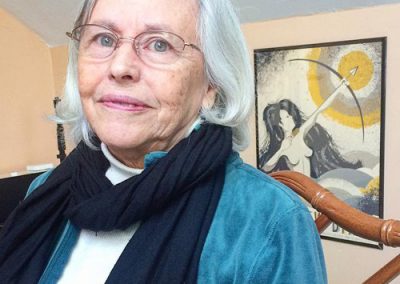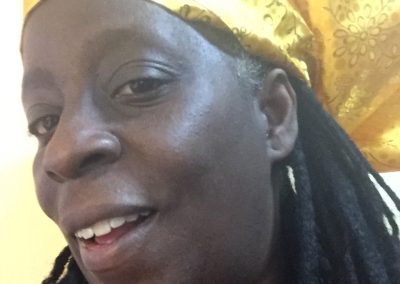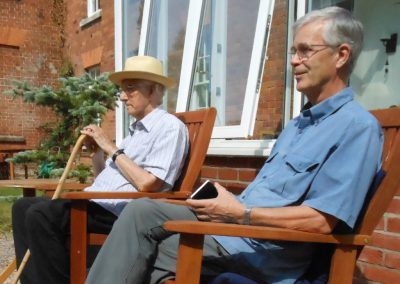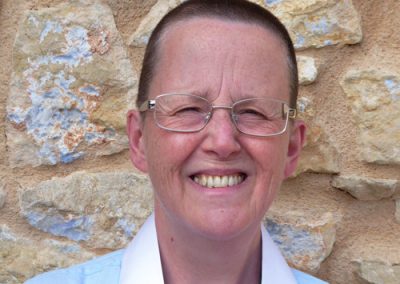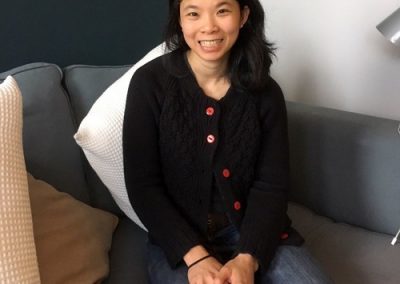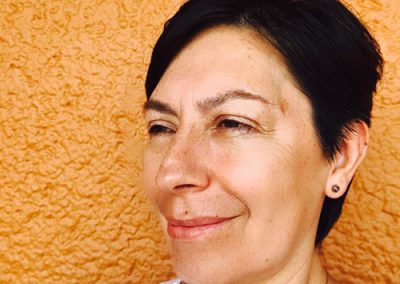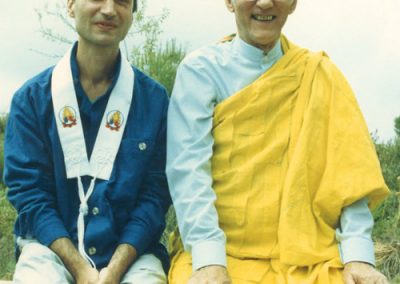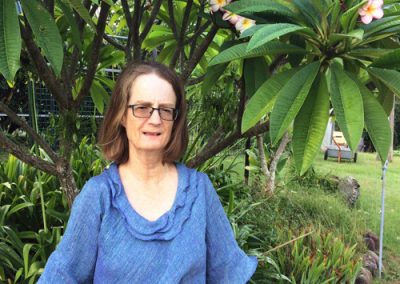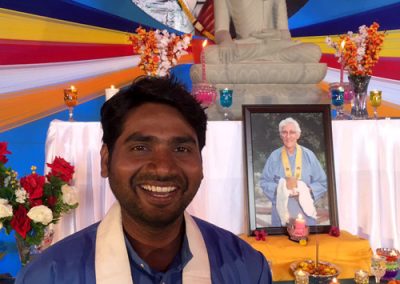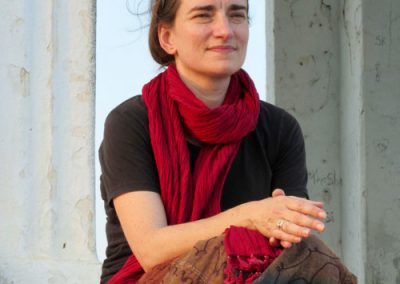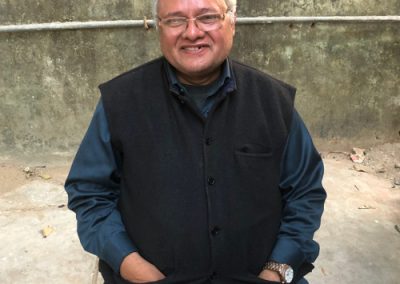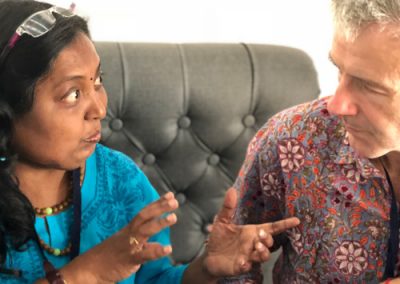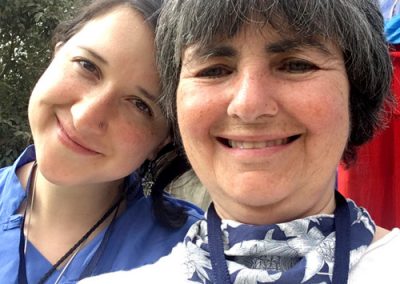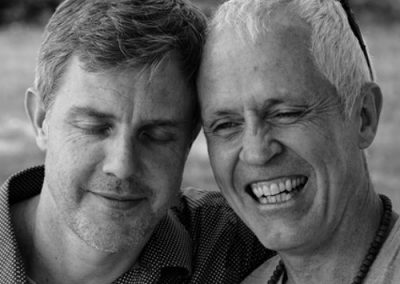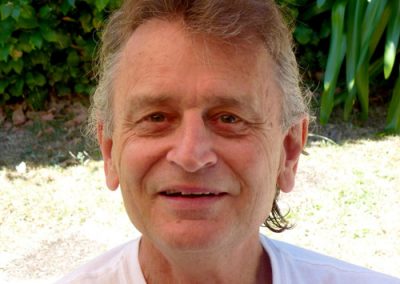FIFTY YEARS, FIFTY VOICES
from The Buddhist Centre Online
- All
- Abundance
- Adhisthana
- All Voices
- American Buddhism
- Anagarika
- Archetypes
- Art
- Australia & New Zealand
- Awareness
- Balance
- Beauty
- Becoming a Mitra
- Bhante Sangharakshita
- Bodhisattva Ideal
- Body
- Born Buddhist
- Buddhafield
- Ceilbacy
- Change
- Changing Self & World
- Childhood
- Christian Experience
- Commitment
- Communication
- Community Living
- Concepts
- Confidence
- Crisis
- Croydon Buddhist Centre
- Death
- Dependent Arising
- Design
- Development
- Devotion
- Dharma Study
- Doctor Ambedkar
- Dogen
- Dreams
- Early Days
- Education
- Energy
- Enlightenment
- Equanimity
- Ethics
- Experimentation
- Faith
- Family Life
- Friendship
- Gender
- Giving Talks
- Going for Refuge
- Going Forth (Renunciation)
- Group Membership
- Guhyaloka
- Healing
- Hearing the Dharma
- Heart Sutra
- Heroism
- Identity
- Images
- India
- Individuality
- Insight
- Integration
- Integrity
- Intensity
- Interdependence
- Internationality
- Japan
- Joy
- Kindness
- Liberation
- Lifestyle
- Light
- Lineage
- Listening As Practice
- Literature and Writing
- Mamaki
- Manjughosha
- Mantra
- Married Life
- Meaning & Purpose
- Meditation
- Meeting the Order
- Metta (Loving Kindness)
- México
- Mind
- Modern Life
- Music
- Mystery
- Myth & Poetry
- Nepal
- Online Community
- Ordination
- Parenting
- Participation
- Peace
- Perfection & Imperfection
- Politics
- Practice
- Prajna Paramaita
- Principles
- Professional Life
- Psychology
- Pure Awareness
- Ratnasambhava
- Reality
- Receiving a Name
- Relationships
- Retreat
- Ritual
- Sadhana
- Sangha
- Self-View
- Service
- Shobogenzo
- Silence
- Soul Perspectives
- Spiritual Growth
- Spreading the Dharma
- Struggling
- Stupas
- Suffering
- Teaching the Dharma
- Teachings
- The Buddha
- The Future
- The Netherlands
- The Order As Practice
- The Path
- The Three Jewels
- The Transcendental
- Tibetan Buddhism
- Time
- Triratna Today
- Vairocana
- Vajrasattva
- Visions
- Visualisation
- Weaving
- White Lotus Sutra
- Wisdom & Spiritual Death
- Women
- Work as Practice
- Working with Views
- Young Buddhists
- Zen
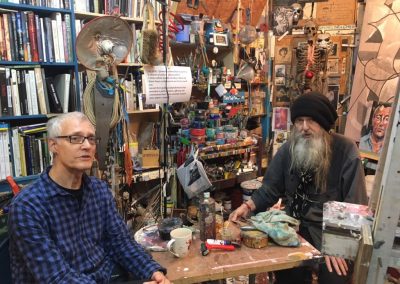
Aloka & Surata: “You think you know your mind, but you’ve probably never had an original thought in your life.”
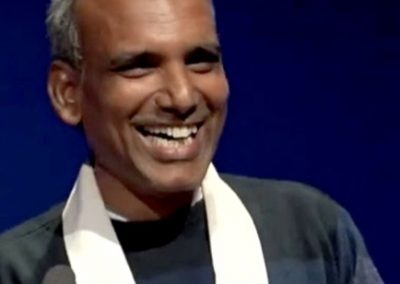
Karmavajra: “It’s very difficult to practice without Sangha. Because you can understand things, but you need to transform emotionally. So if you want to transform emotionally, you need to share with your friends and colleagues.”
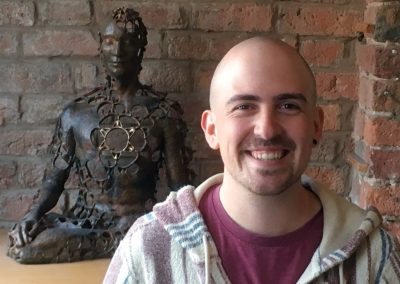
Sanghadhara: “Every day I need to communicate, every day get into communication with people… Within that, holding lightly to my own views and sometimes just letting it go and ‘not taking myself so seriously. So that’s an area of explicit practice for me.”
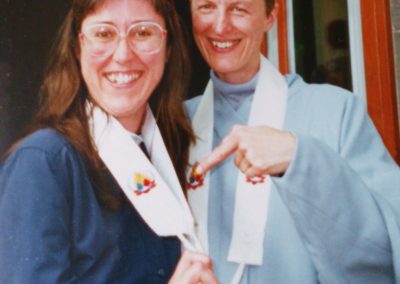
Khemajoti: “We used to do rituals in the basement of the shop, invoking Padmasambhava while we made egg sandwiches”
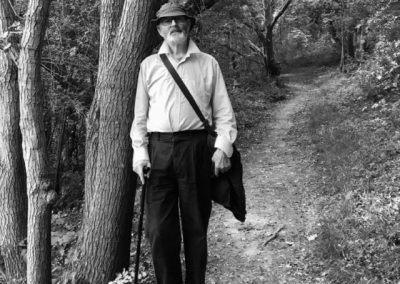
Abhaya: “You have to balance or hold the bearer of the archetype with the ordinary human being, that’s very important. Because there’s no way you’re going to reconcile them.”
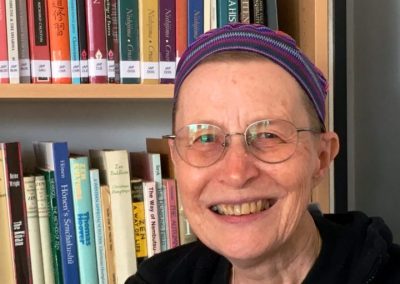
Sobhanandi: “You come to a bridge. You look down. You see fish swimming in the water. But the fish don’t know you’re there, because that’s not their world. So the fish, their world is the water… there’s a completely different world.”
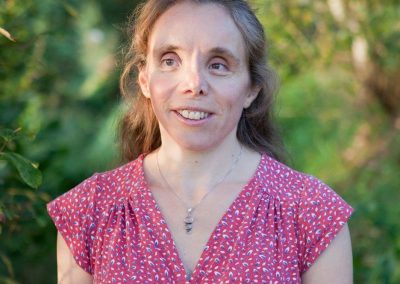
Samasuri: “It’s the wounded healer myth. I guess part of me wanting to be a Doctor is my psyche trying to sort all that suffering out… Helping others like I’ve been helped or am being helped.”
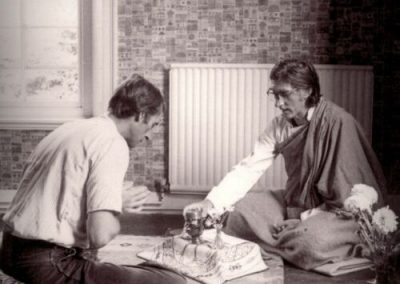
Jyotipala: “I must say, a couple of years before that, I’d actually – in one of my sober moments – not alcoholically, but… emotionally. I’d realised what an idiot I’d been in resigning.”

Manjuvajra: “What’s happened over the years is I’ve got more and more confident in the existence of the Buddha, the effectiveness of the Dharma and the joy of the Sangha.”
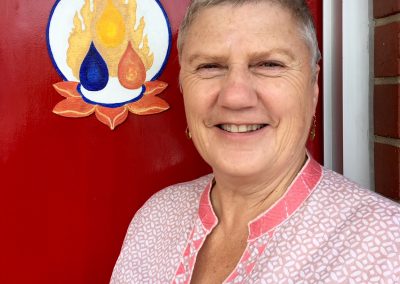
Maitripala: “I don’t need to go away from samsara to be really going for refuge. I can be right in the middle of it.”
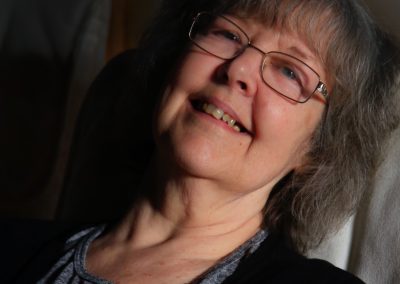
Dhammadinna: “I want people to have the freedom to do what they need to do to grow as individuals AND I want the movement to have that very strong collective dimension. That can be a source of tension for me.”
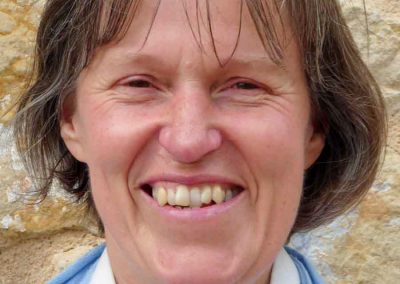
Suryaka: “I need some sort of channel in my life, so that my energy can flow into it, really strongly.”
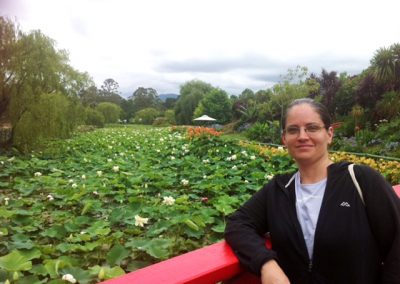
Rijumayi: “No-one was ‘sugar-coating’ things, or trying to give me priorities I didn’t subscribe to. I think there’s a real framework for transformation in the direction that I was looking for.”

Atula: “I had to come into relationship with what was happening to me. I couldn’t run away any longer.”
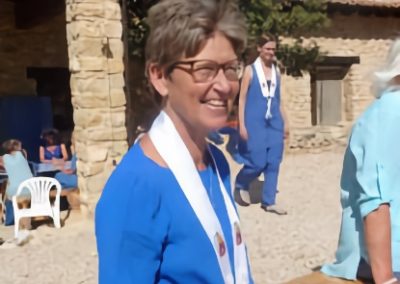
Akasasuri: “The first mettā bhavana I was completely blown over, and that was it. I thought ‘If that is a way of living, I’d quite like to live that way.'”
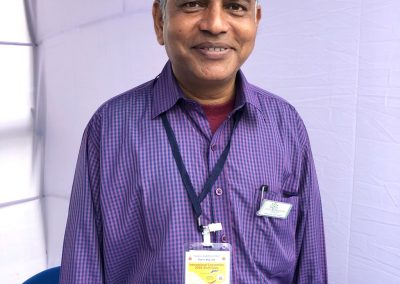
Manidhamma: “The impact of Bhante’s visit was so great that I decided to give up my pilot’s career and go for training towards becoming an Order member…”
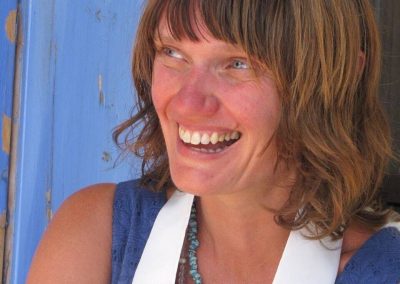
Amritavani: “School runs every day, tantrums, tears (from me as well!)… Family life is a messy life.”
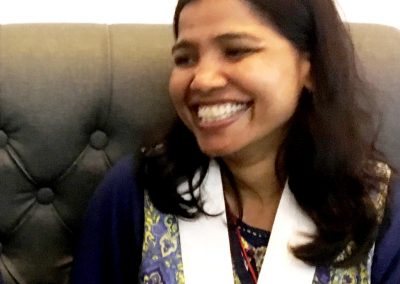
Shraddhavajri: Being far from other Order members – meditation as an agent of change – a girl called “petrol”

Shraddhavajri: Sangha as an opportunity – Doctor Ambedkar as hero and love – working with mind, working for society

Shraddhavajri: “I say to ‘Padmasambhava, ‘You don’t have a body—I have a body… Use my body, and I’ll use your energy.”
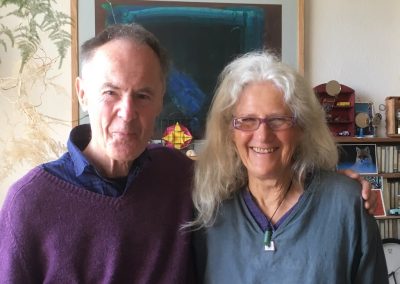
Malini: “I have a very definite sense of something which is above and beyond mundane living, and that’s what draws me. That’s what Going for Refuge is for me.”
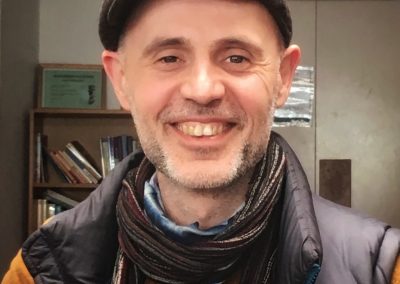
Dharmashalin: “This is living a Dharma life. This is actually applying it. This is mess in progress.”
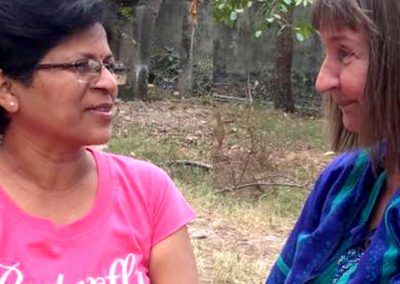
Vijaya: Vijaya’s first experience of ordaining someone else – being part of a chain back to the Buddha
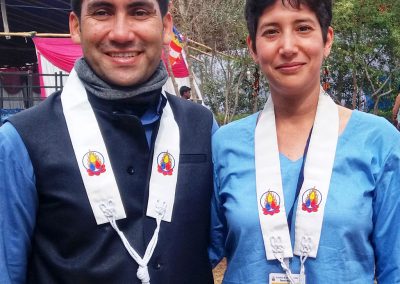
Aryavacin y Manjugita: Our Order names – the meaning given at ordination, how we responded at the time, how we connect with their meaning now

Aryavacin y Manjugita: Manjugita reading one of her poems ‘The Mirror’ (El Espejo) – the metaphors she delights in
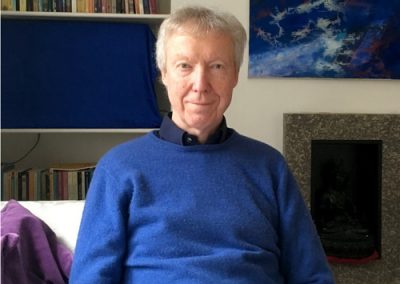
Vessantara: “…there was something which came through Bhante which really was full of Dharma qualities”
